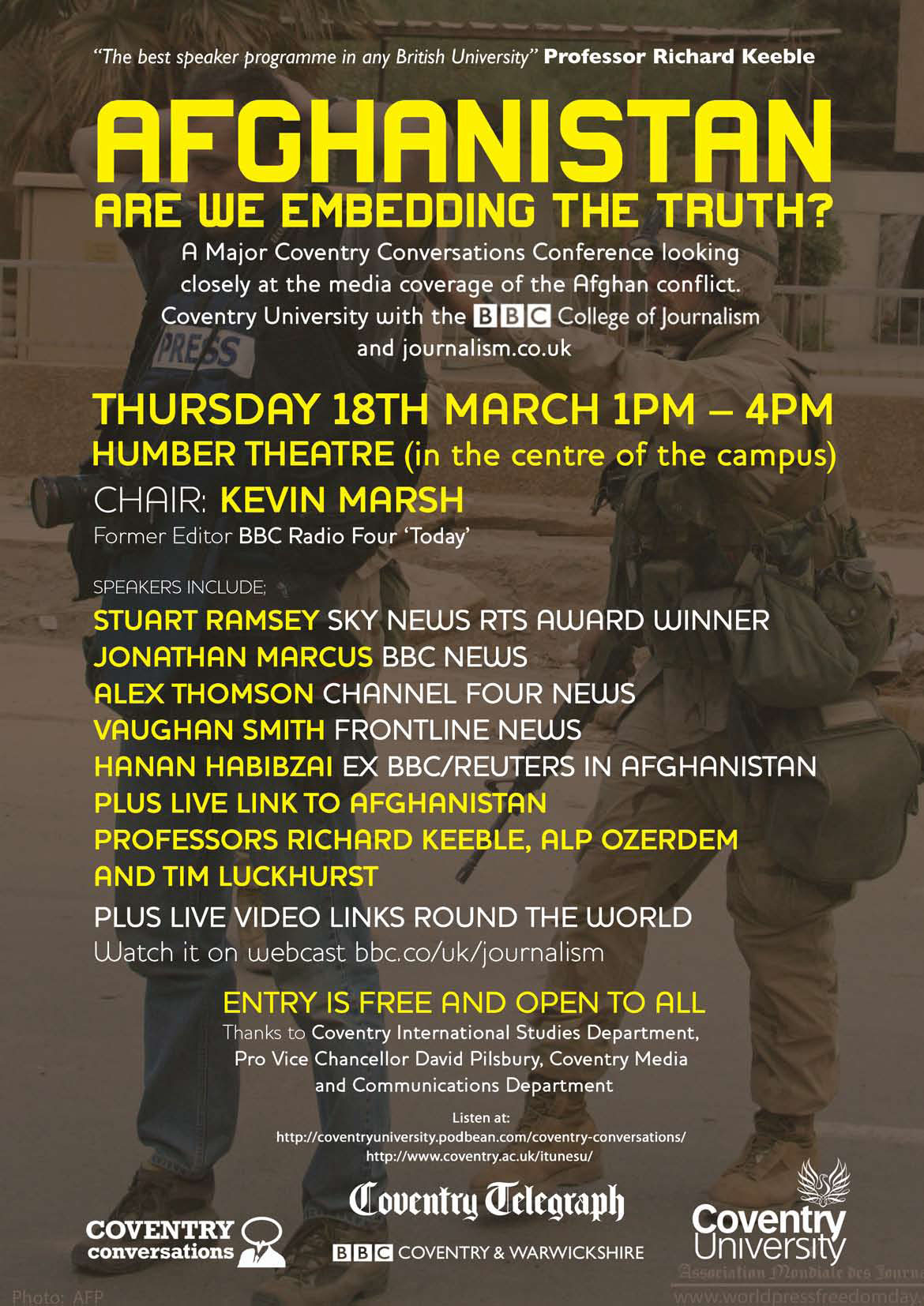Despite Mr Justice Eady’s little quips during his speech (about telling footballers apart in soft lighting, for example), the colour from last night’s speech at City University London came in the questions afterwards.
Heather Brooke proudly announced herself as a freedom of information campaigner and British-American. Whilst Eady professed himself an advocate of freedom of speech, his feelings about Americans had been less favourable – we often overlook the fact that we are not part of the United States, he jibed at one point.
When Eady finally located Brooke (“Sorry, the reason I was looking round the room was because I didn’t recognise you compared to the person who portrayed you on television”) he tackled her questions: why are super-injunctions not recorded publicly and what are the total libel costs that go through his court each year?
“Super-injunctions are something of an artificial construct, blown up by the media recently. I’d never heard the term till it was mentioned till a few months ago.
“I’m not conscious that I’ve ever granted one, though it’s conceivable I might have done.”
They were, on the whole, he claimed, used in celebrity blackmail cases to ensure the threatening party didn’t find out the nature of the injunction and run off to the newspapers.
“The trouble is when a judge grants an anonymous injunction, it’s recorded anonymously and you can’t find out the details.”
The only thing to be done, he said, is to invite judges over a period of time to list the number of the super injunctions they’ve granted, if they have done.
“One couldn’t break into the confidentiality of a particular case. I think you’d find it’s a tiny number. I might have done one or two in the past.”
On costs, he was equally unenlightening: solicitors come up with a fee he said, based on the number of hours. “Sometimes one suspects they may be over charging in the sense that more hours are spent handling documents than is strictly necessary, but it’s very difficult to establish that’s the case.”
While Eady had been to one or two training sessions with cost judges on keeping costs down, not much light had been thrown on the issue, he said. He had no statistics to offer: “Costs are huge, I’m sure of that”.
Scientific debate
On Simon Singh’s ongoing case, in which Eady ruled that Singh’s comments about the British Chiropractic Association were fact not comment (currently awaiting a Court of Appeal decision) he would not be drawn, following a question by Connie St Louis, who runs City University London’s new science journalism course.
“I don’t want to discuss a particular case. But the basic principle is pretty clear, in terms of scientific discussion and research, that there should be completely free and uninhibited communication between experts in the field and indeed the general public at large,” said Eady.
“The question arises whether or not, in a particular set of of circumstances, whether the boundary between comment and fact has been overstepped. That’s a very central issue in that case. I don’t want to get drawn into that because I’ve expressed my view in that case.”
“I don’t think there’s great danger for scientific investigation. Everyone accepts, I think, that freedom of communication is vital in that context.”
Libel tourism
On libel tourism,he was equally unconcerned, when asked a question by journalist James Ball.
“I would be interested to see the research on libel tourism, if there is any, because sitting where I do I don’t see an awful lot of it,” said Eady.
“By libel tourism, I think you mean people coming to this country with no connection to it, who have been libelled in it.”
If there is genuinely no connection between the claimant and the UK, then there is a mechanism to strike out the case, he said.
The facts are often exaggerated, he said, presumably in reference to the press accounts.
“Sometimes it’s said the person has no connection to this country, but in fact the person has strong business connections (….) As our law stands here, they’re entitled to sue in this country.”
No-one in the audience took up the Independent’s challenge to ask him about future plans, despite several dares via the Twitter conversation (which you can see at this link).

